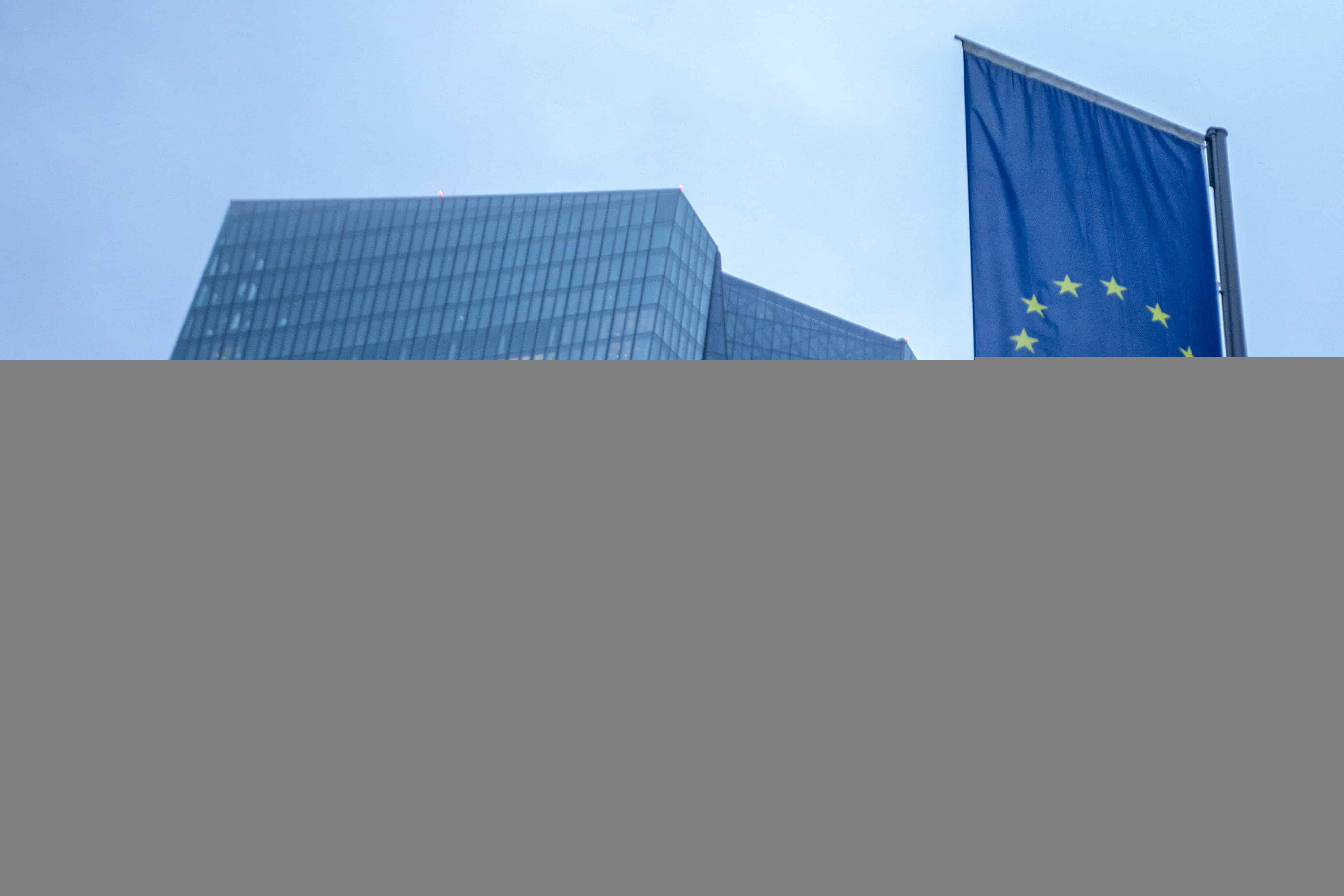The European Central Bank “should” end its stimulus program at the beginning of the third quarter, its vice-president said in an interview published Thursday, opening the door to raising interest rates from historic lows.
The ECB bond-buying scheme “should end in July”, Luis de Guindos told Bloomberg News.
The timeline laid out by de Guindos would be the earliest possible end date under the guidance set out by the ECB after the meeting of its governing council last week.
The Frankfurt-based institution has been under pressure from rising prices to withdraw its stimulus faster and follow other central banks towards interest rate hikes in order to tame inflation.
In the eurozone, inflation ran at 7.5 percent in March, the highest figure on record for the currency club and well above the ECB’s own two-percent target.
The renewed surge in prices has been driven by the war in Ukraine, which has sent the cost of energy, food and raw materials soaring.
The timing of the bank’s first rate-hike would depend on new projections to be published at the ECB’s next meeting in June, de Guindos said.
“From today’s perspective, July is possible and September, or later, is also possible,” said de Guindos, generally considered to be one of the more “dovish” governing council members that favor more accommodative policy.
Central bankers use rate rises as a tool to try and tame inflation, but pulling the trigger too soon risks hurting growth at a sensitive moment for the European economy because of the war.
Any hike would be the ECB’s first in over a decade and would lift rates from their current historic low levels.
These include a negative deposit rate that effectively charges banks to park their cash at the ECB overnight.
Other members of the governing council have pressed for faster action to tackle price rises.
The first increase could follow at “the beginning of the third quarter”, German central bank president Joachim Nagel said on Wednesday.








